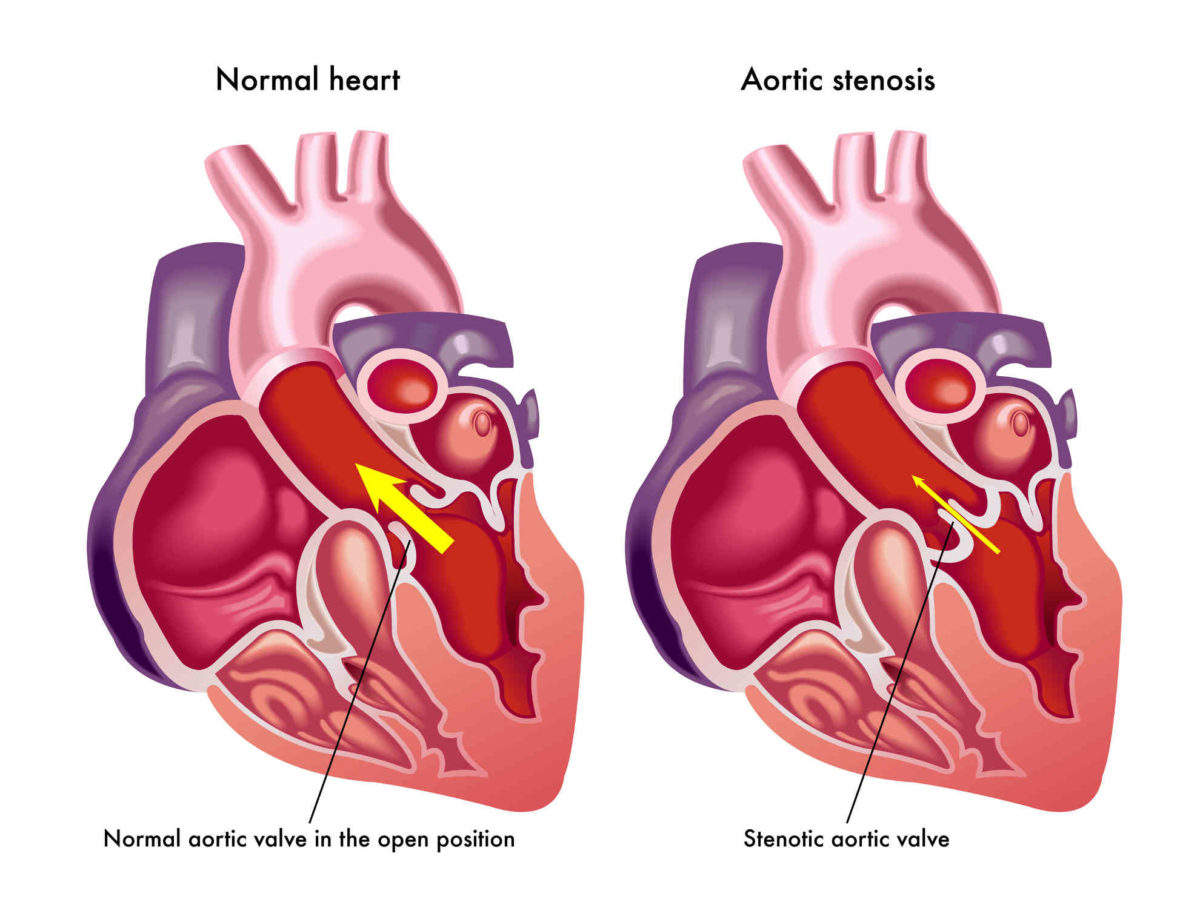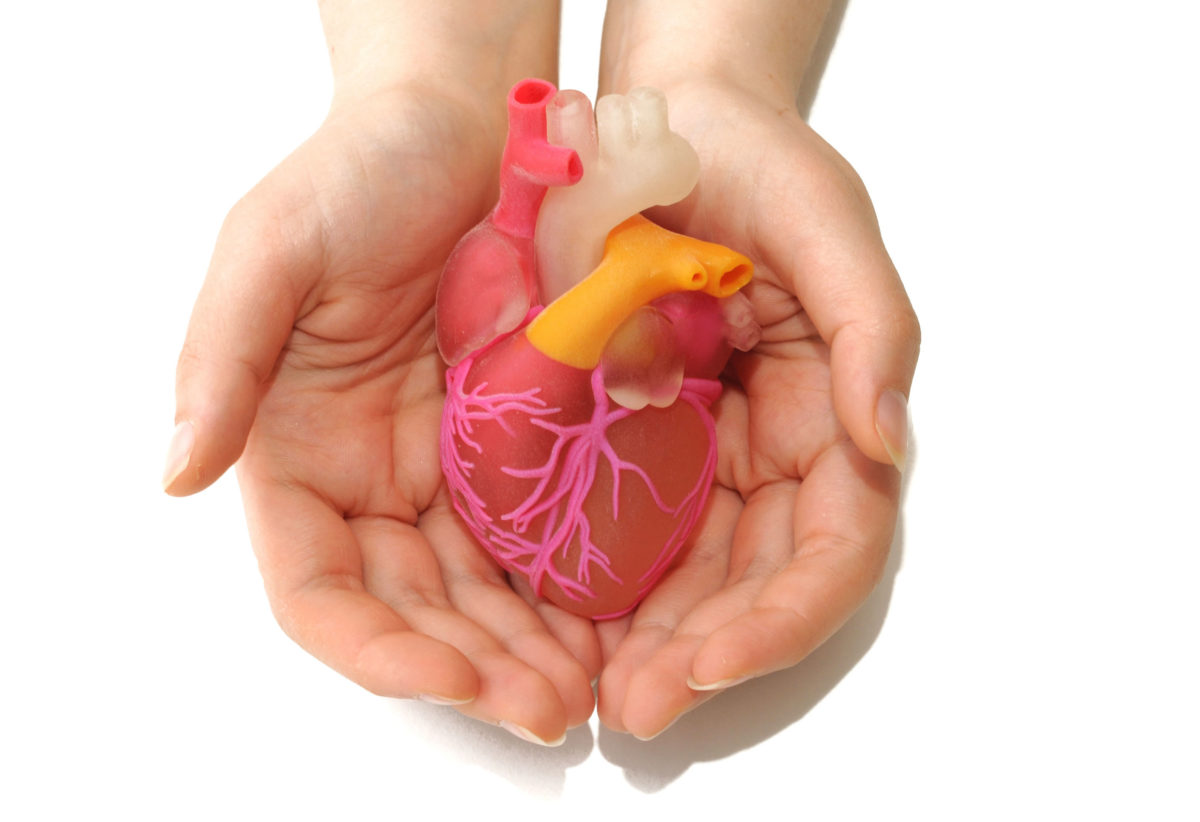Have you been diagnosed with a calcified valve? Or, you know someone who has? Heart valve calcification is a form of heart valve disease. If you or a loved one is suffering from this condition, you (and they) are not alone. In fact, more than 5 million people are diagnosed with heart valve disease in the United States every year.
In this article, we will discuss the basis on heart valve calcification so you can better understand the condition and all that it entails. When the heart valve becomes calcified, this means there is a large quantity of calcium built up in the valve over the course of many years. Most often, the aortic valve is the valve that is affected by calcification, and this condition is called aortic stenosis. However, the mitral valve can becomes calcified, as well.
As the calcium builds up, it becomes hard and thick, which causes the valve to become narrower. When the valve is narrow, it is no longer opening and closing properly so blood flow to the heart becomes lessened and constricted. This calcium blockage puts pressure on the heart to work harder.
Calcification of a heart valve can occur for a number of reasons. One reason is age. Another reason is genetics. But, a person’s lifestyle can also contribute to heart valve calcification. Smoking, diabetes, high cholesterol, high triglycerides, and chronic kidney disease can lead to calcium build up.
If you have a calcified valve, there is a chance you have experienced some not-so-pleasant symptoms. Some symptoms of this condition include: chest pain, light-headedness, shortness of breath.
If a valve with this condition is left untreated, it may potentially cause a person’s heart to enlarge or thicken. If this occurs, a person will certainly begin to feel worse. If calcification/stenosis is severe enough, it could lead to cardiac arrest, but usually getting control of symptoms and getting aortic valve surgery or mitral valve surgery solves this problem.
If you have aortic valve stenosis or mitral valve stenosis and are eligible for surgery, book a consult with mitral valve and aortic valve surgeon expert Dr. Peter Mikhail. Dr. Mikhail is based in New Port Richey, Florida. Make an appointment with him today to decide what type of surgery is best for you and your current condition. Click here or call 727-312-4822 to book an appointment with Dr. Mikhail.






